Clinic vs. At-Home Deworming for Cats: Making the Right Choice
Choosing between clinic-based and at-home deworming impacts your cat’s health, your budget, and your schedule. We break down the critical factors to help you decide confidently.
Cost Breakdown
Clinic Deworming:
Initial Consultation: $50–$100 (includes physical exam)
Diagnostic Testing: Fecal exam ($25–$45) to identify parasites
Medication: Prescription-grade dewormers ($15–$30 per dose)
Total Average: $90–$175 per visit
At-Home Deworming:
OTC Kits: $10–$25 for broad-spectrum products (e.g., pyrantel pamoate)
Online Vet Prescriptions: $20–$40 after virtual consultation
Fecal Test Kits: $30–$50 mailed to labs
Total Average: $15–$65
Verdict: At-home options save 40–70% upfront but may lack precision.
Convenience Compared
Clinic Pros:
Vet detects subtle symptoms (e.g., weight loss, dull coat)
Immediate prescription adjustments
Complete health records integration
At-Home Pros:
No carrier stress or clinic wait times
Flexible scheduling (e.g., evening doses)
Subscription services for automatic refills
Key Consideration: Home methods win for routine prevention; clinics excel for symptomatic cats.
Safety Deep Dive
Clinic Safeguards:
Weight-based dosing accuracy
Species-specific drug selection (e.g., not dog formulas)
Contraindication screening (e.g., pre-existing liver issues)
At-Home Risks & Solutions:
Overdose Risk: Use digital scales to weigh kittens accurately
Misdiagnosis: Submit annual fecal samples to online labs
Ineffective OTC Drugs: Avoid brands without EPA/FDA approval
Expert Tip: Never use “natural” dewormers without clinical evidence—untreated parasites cause anemia or intestinal blockages.
When Clinic Treatment is Non-Negotiable
Kittens under 12 weeks
Cats vomiting worms or with bloody stool
Breeds prone to drug sensitivities (e.g., Devon Rex)
Post-infection monitoring (e.g., tapeworm segments reappearing)
Optimizing At-Home Protocols
Diagnose First: Use VetDx mail-in fecal tests ($35)
Choose Vet-Approved Meds: Elanco’s Profender, Bayer’s Drontal
Track Schedules: Set phone reminders for doses every 3 months
Storage: Keep meds in child-proof containers below 77°F (25°C)
Final Recommendation
Healthy Adults: At-home deworming + annual fecal testing
Kittens/Seniors/Cats with Symptoms: Clinic-based care
Hybrid Approach: Start with clinic diagnosis, then maintain prevention at home using vet-prescribed products. Always report side effects (lethargy, vomiting) within 24 hours.
Note: This content provides generalized educational information. Always consult your veterinarian before administering treatments.

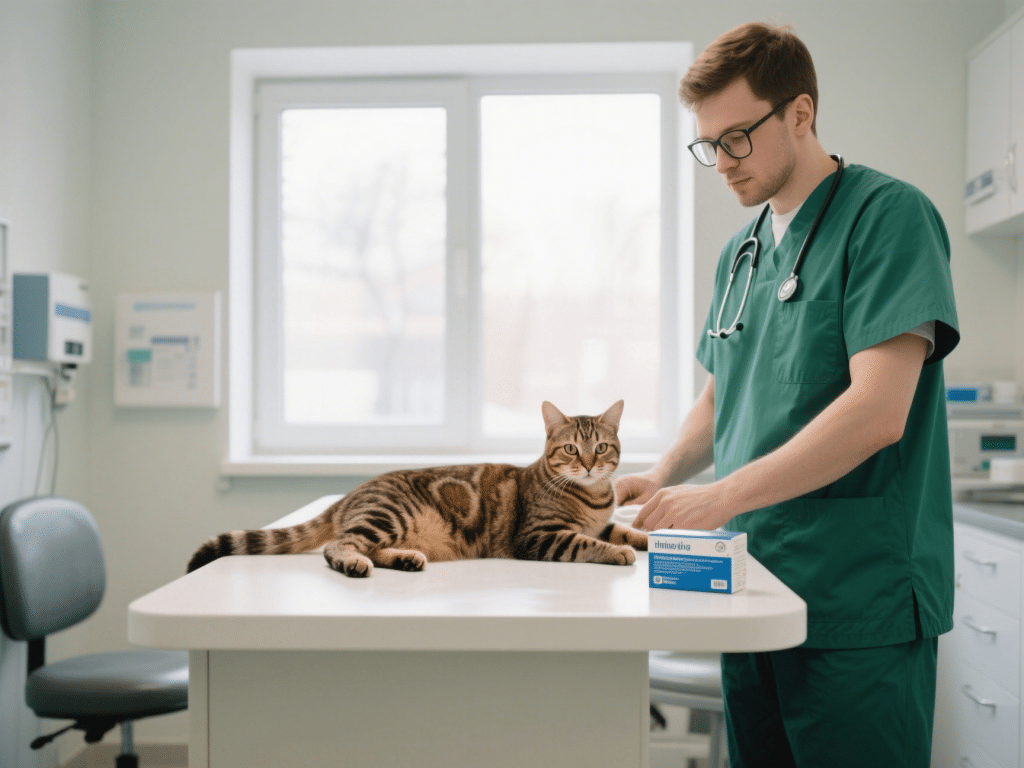

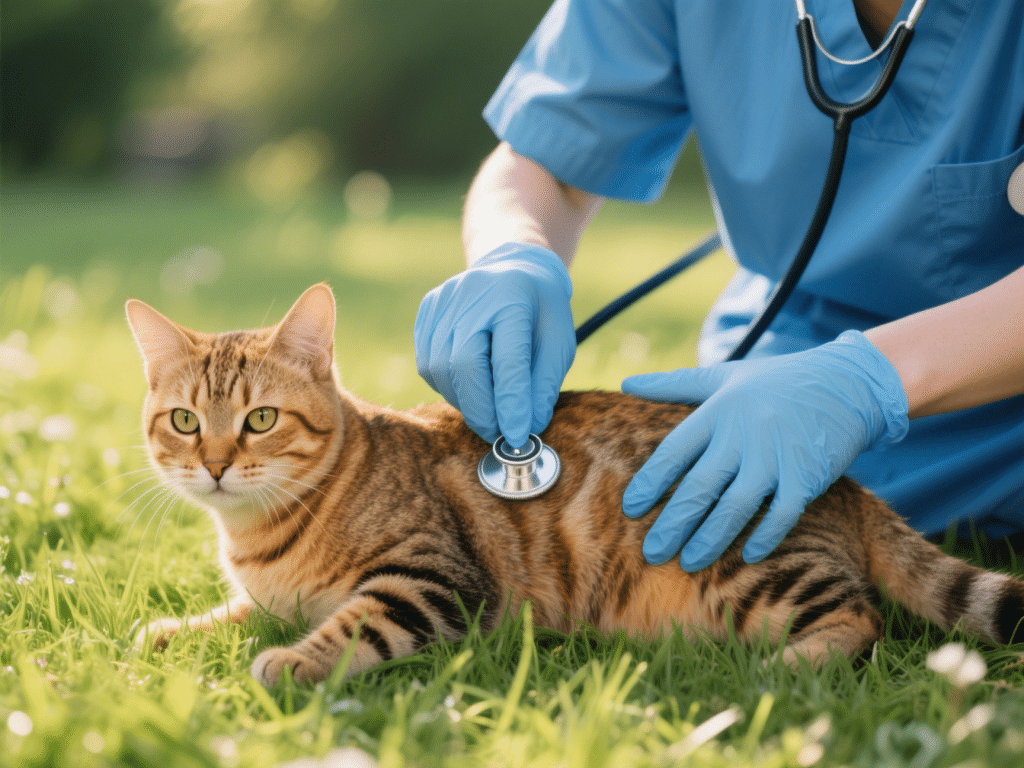
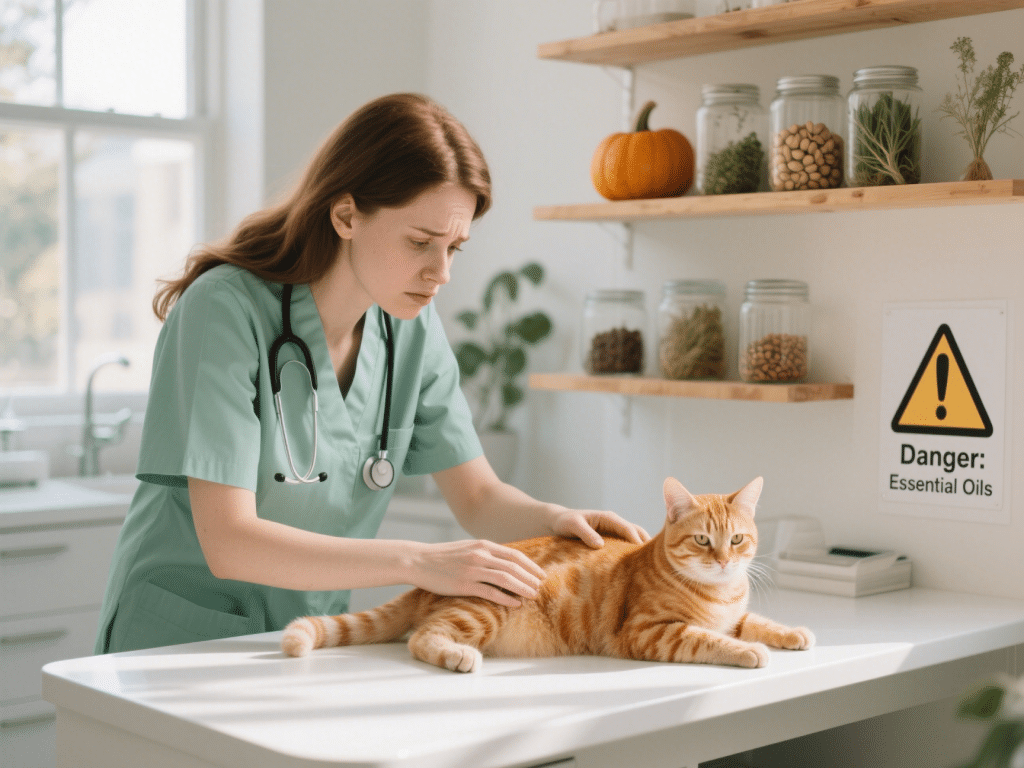
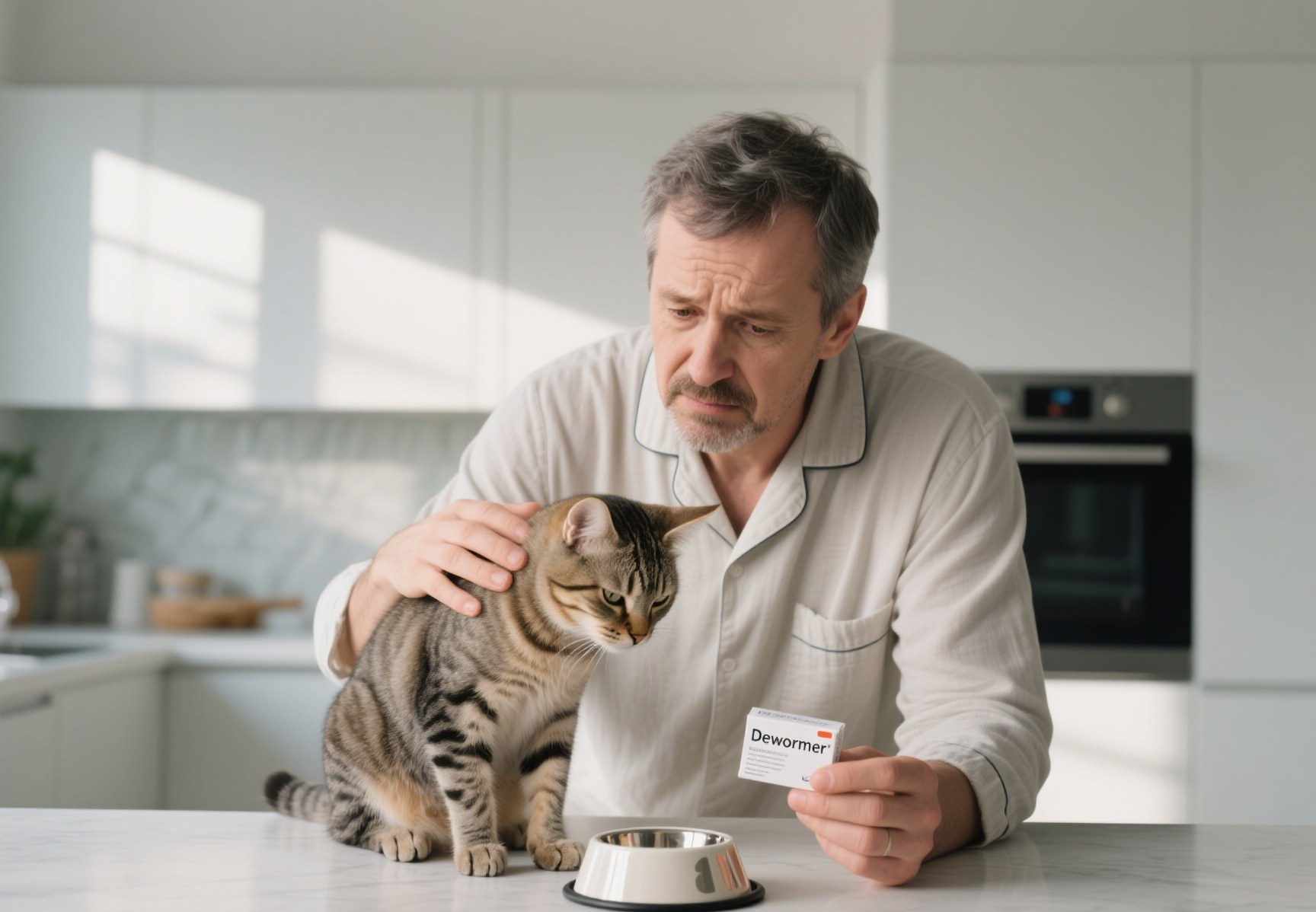
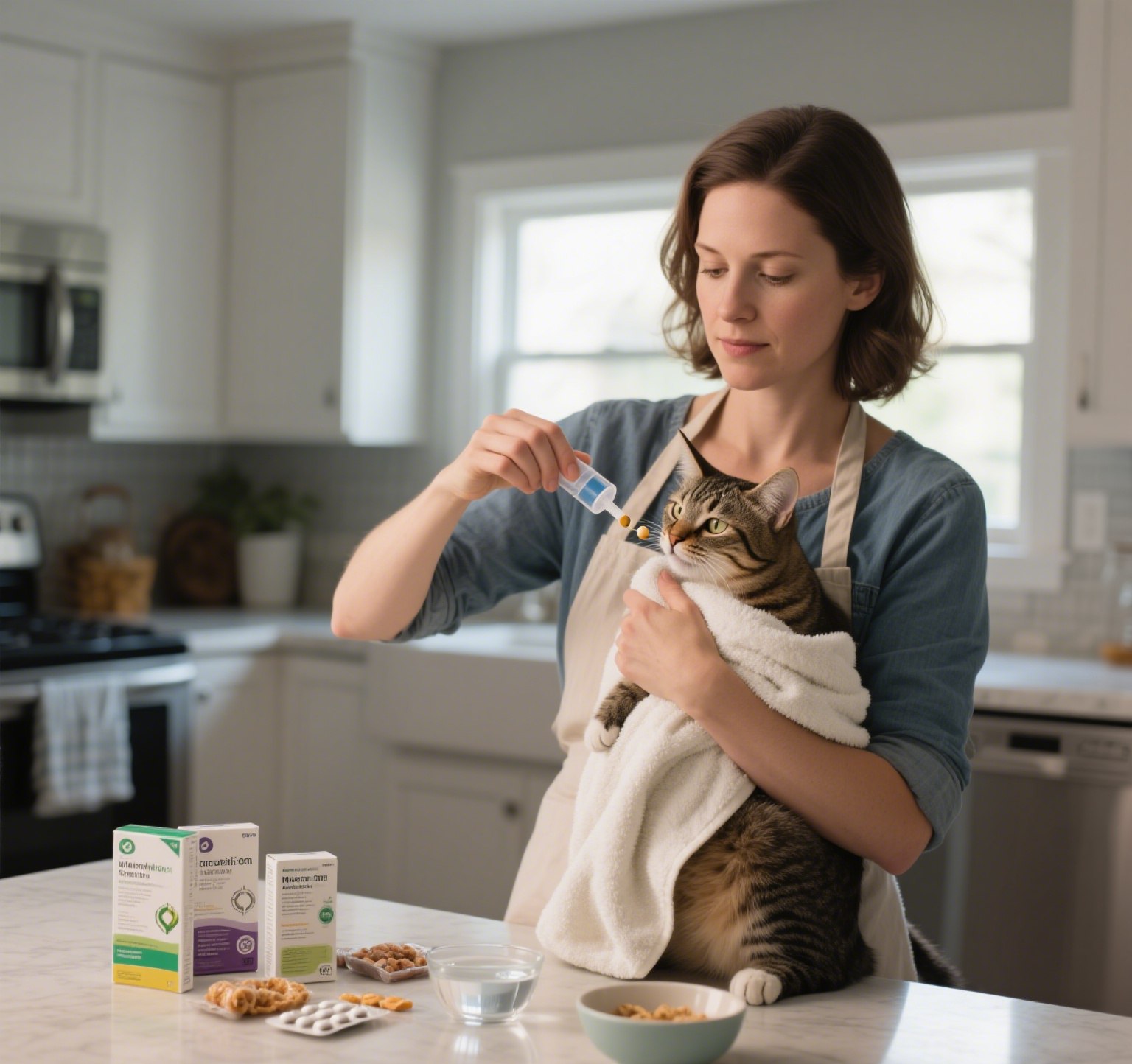
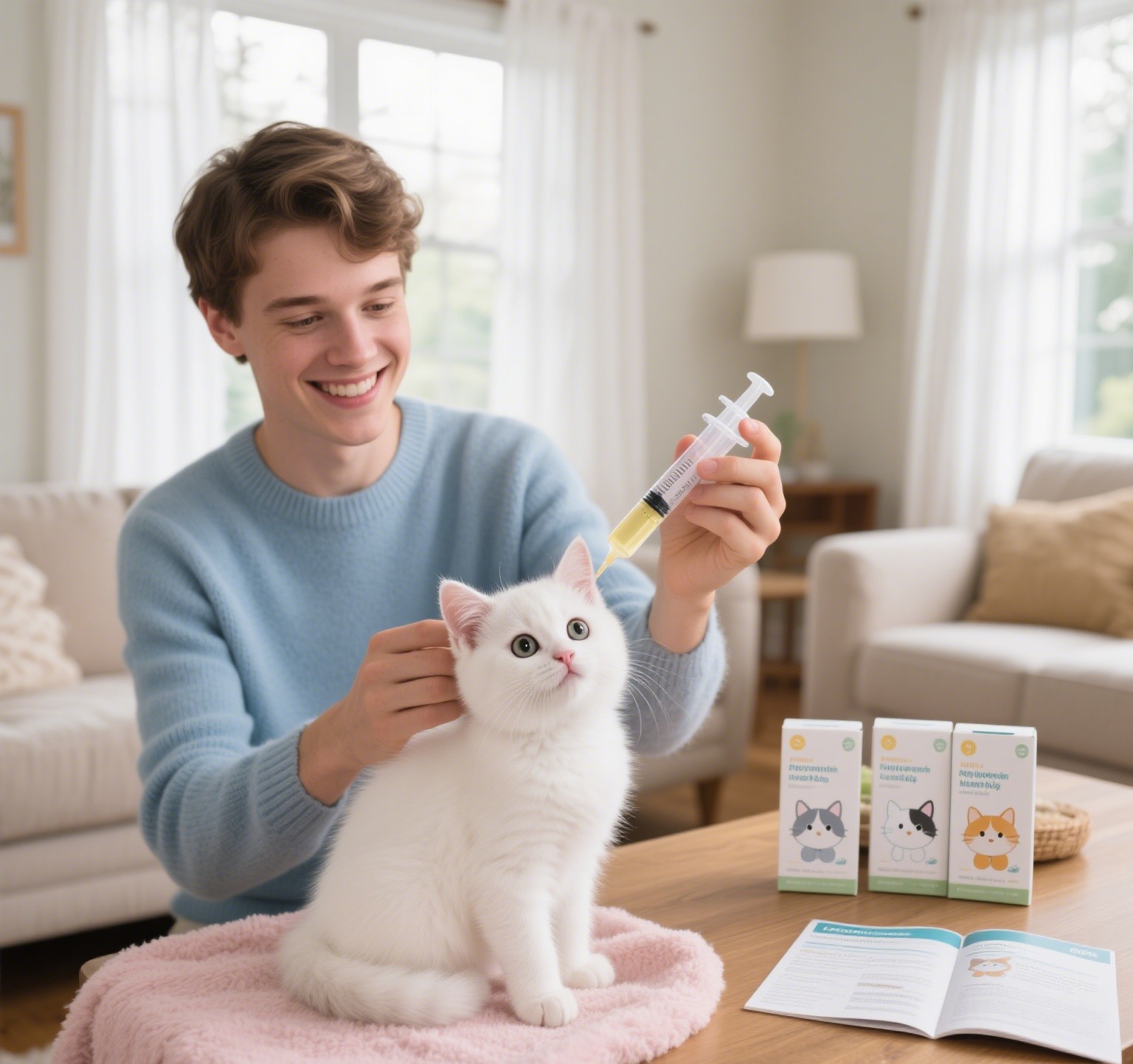
Comments on " Clinic vs. At-Home Deworming for Cats: Making the Right Choice" :